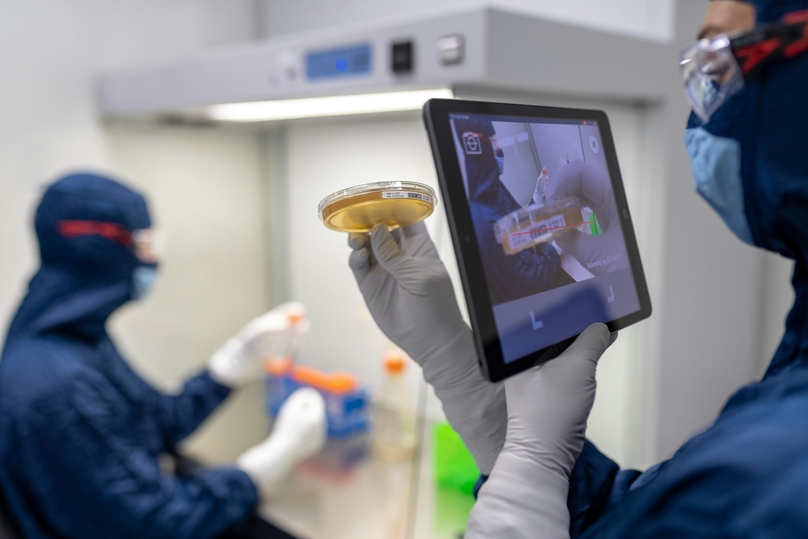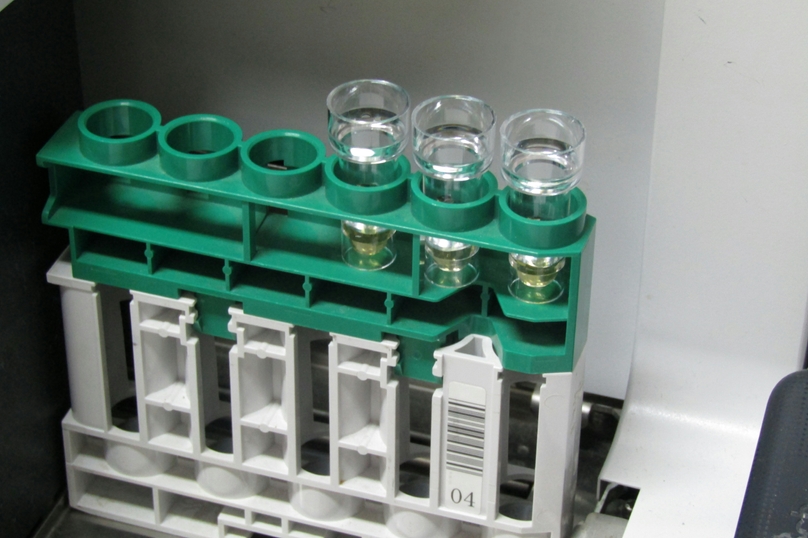In the dynamic field of clinical trials, Laboratory Information Management Systems (LIMS) have emerged as indispensable tools. They play a critical role in enhancing the efficiency, accuracy, and reliability of clinical trial processes. This guide looks at the multifaceted role of LIMS in clinical trials, underlining its importance in transforming laboratory operations and ensuring the success of clinical studies.
Enhancing Data Integrity and Compliance
One of the paramount challenges in clinical trials is maintaining the utmost data integrity and compliance with regulatory standards. LIMS platforms are specifically designed to address these challenges head-on. They ensure that every piece of data collected during the trial is accurately recorded, securely stored, and easily retrievable. This level of data integrity is crucial for meeting the stringent requirements of regulatory bodies such as the FDA and EMA.
Automated Data Capture
LIMS facilitates automated data capture directly from laboratory instruments. This automation significantly reduces manual data entry errors, ensuring data integrity is maintained throughout the study. Automated systems also provide time stamps and electronic signatures, further enhancing the traceability and reliability of data.
Compliance with Regulatory Standards
LIMS platforms are built with compliance in mind. They incorporate features that enable labs to adhere to Good Clinical Practice (GCP), Good Laboratory Practice (GLP), and other regulatory guidelines seamlessly. This includes audit trails, user access controls, and data encryption, ensuring that the clinical trial data is not only compliant but also protected against unauthorized access.
Streamlining Sample Management
Effective sample management is crucial for the success of clinical trials. LIMS excels in providing comprehensive sample tracking capabilities from collection through analysis to disposal. This ensures that each sample is properly managed, reducing the risk of mix-ups or losses, which could compromise the study's integrity.
Barcode Labeling and Tracking
With LIMS, samples can be barcoded and tracked throughout their lifecycle in the clinical trial. Barcode labeling facilitates easy identification, storage, and retrieval of samples, making the management process more efficient and less prone to errors.
Integration with Other Systems
A significant advantage of LIMS in clinical trials is its ability to integrate with other clinical trial management systems (CTMS) and electronic data capture (EDC) systems. This integration enables seamless data flow across different stages of the trial, ensuring consistency and reducing manual data transfer errors.
Improving Operational Efficiency
LIMS platforms are not just about data management and regulatory compliance; they are also about enhancing the overall operational efficiency of clinical trial labs.
Workflow Automation
LIMS automates key laboratory workflows, from sample processing to reporting results. Automation reduces the manual workload on lab personnel, allowing them to focus on more critical aspects of the trial. This not only speeds up the trial process but also increases the lab's throughput.
Real-time Data Access and Reporting
LIMS provides real-time access to data, enabling quick decision-making and adjustments to the trial process as needed. Comprehensive reporting tools allow for the generation of detailed reports on trial progress, sample analysis results, and more, facilitating transparent communication among stakeholders.
Facilitating Scalability and Flexibility
Clinical trials are dynamic, often expanding in scope and complexity as they progress. A robust LIMS system must not only accommodate this growth but also adapt to evolving research methodologies and regulatory requirements.
Scalability to Match Trial Evolution
LIMS designed for clinical trials offers scalable solutions that can grow with the trial. Whether expanding the number of samples, accommodating new test types, or integrating additional sites, LIMS can adjust to meet the increasing demands without sacrificing performance or data integrity.
Flexibility for Diverse Research Needs
Each clinical trial has unique requirements based on its therapeutic area, phase, and design. LIMS provides the flexibility needed to customize workflows, data fields, and reports to fit these specific needs, ensuring that researchers can focus on their scientific objectives without being constrained by software limitations.
Enhancing Collaboration and Communication
Clinical trials often involve multiple stakeholders, including sponsors, CROs, regulatory agencies, and research sites across different geographic locations. LIMS facilitates seamless collaboration and communication among these parties, ensuring that everyone has access to up-to-date, accurate data.
Centralized Data Repository
By serving as a centralized repository for all trial data, LIMS ensures that all stakeholders can access consistent information in real time. This centralization eliminates data silos and promotes transparency throughout the trial process.
Secure Data Sharing
LIMS systems implement robust security measures, including user authentication and authorization, data encryption, and audit trails, to ensure that sensitive clinical trial data is securely shared and accessed only by authorized personnel.
How Genemod Can Assist with LIMS in Clinical Trials
At Genemod, we understand the complexities and challenges of managing clinical trials in today's fast-paced research environment. Our LIMS solutions are designed to address these challenges head-on, providing a comprehensive, user-friendly platform that supports the entire clinical trial lifecycle.
- Customization and Integration: We offer highly customizable LIMS solutions tailored to the specific needs of your clinical trial. Our systems can easily integrate with existing CTMS, EDC, and other research software, ensuring a seamless workflow and data integrity across platforms.
- Scalability and Security: Genemod's LIMS solutions are built to scale with your trial, accommodating any number of samples, sites, and users. We prioritize data security, implementing the latest in encryption and access control to protect sensitive trial data.
- Dedicated Support and Training: Our team at Genemod provides comprehensive support and training to ensure that your staff can maximize the benefits of LIMS. From initial setup and customization to ongoing maintenance and updates, we're here to support your trial every step of the way.
The role of LIMS in clinical trial management cannot be overstated. With its ability to ensure data integrity, streamline operations, and facilitate collaboration, LIMS is an invaluable asset in the quest to bring new therapies to market efficiently and safely. At Genemod, we're committed to providing LIMS solutions that empower clinical researchers to achieve their objectives with confidence and precision.
















